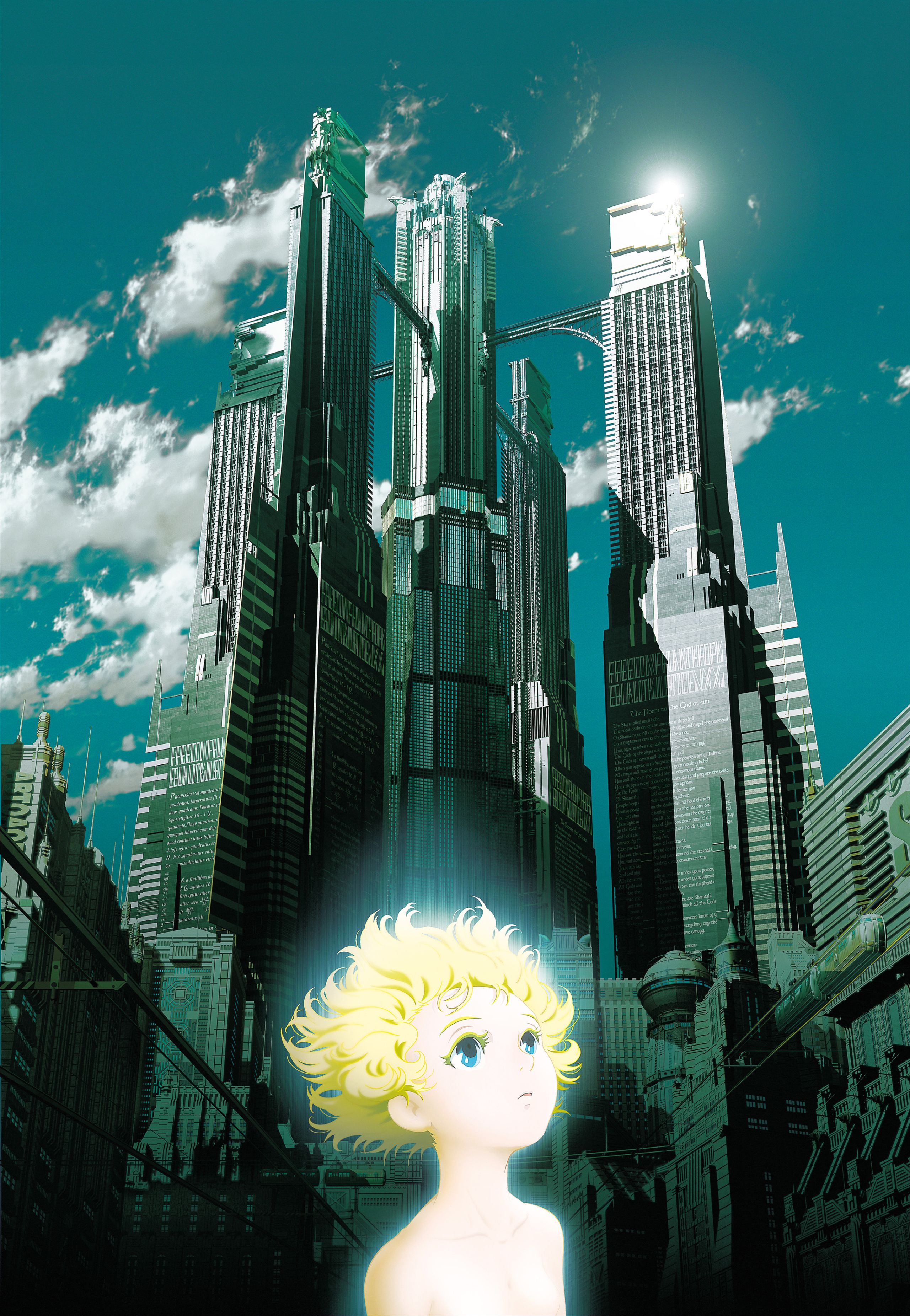Screen Notes:
Anime's Human Machines
Author and anime expert, Helen McCarthy presents a short history of anime at the Barbican and introduces the films selected for Anime’s Human Machines cinema season.
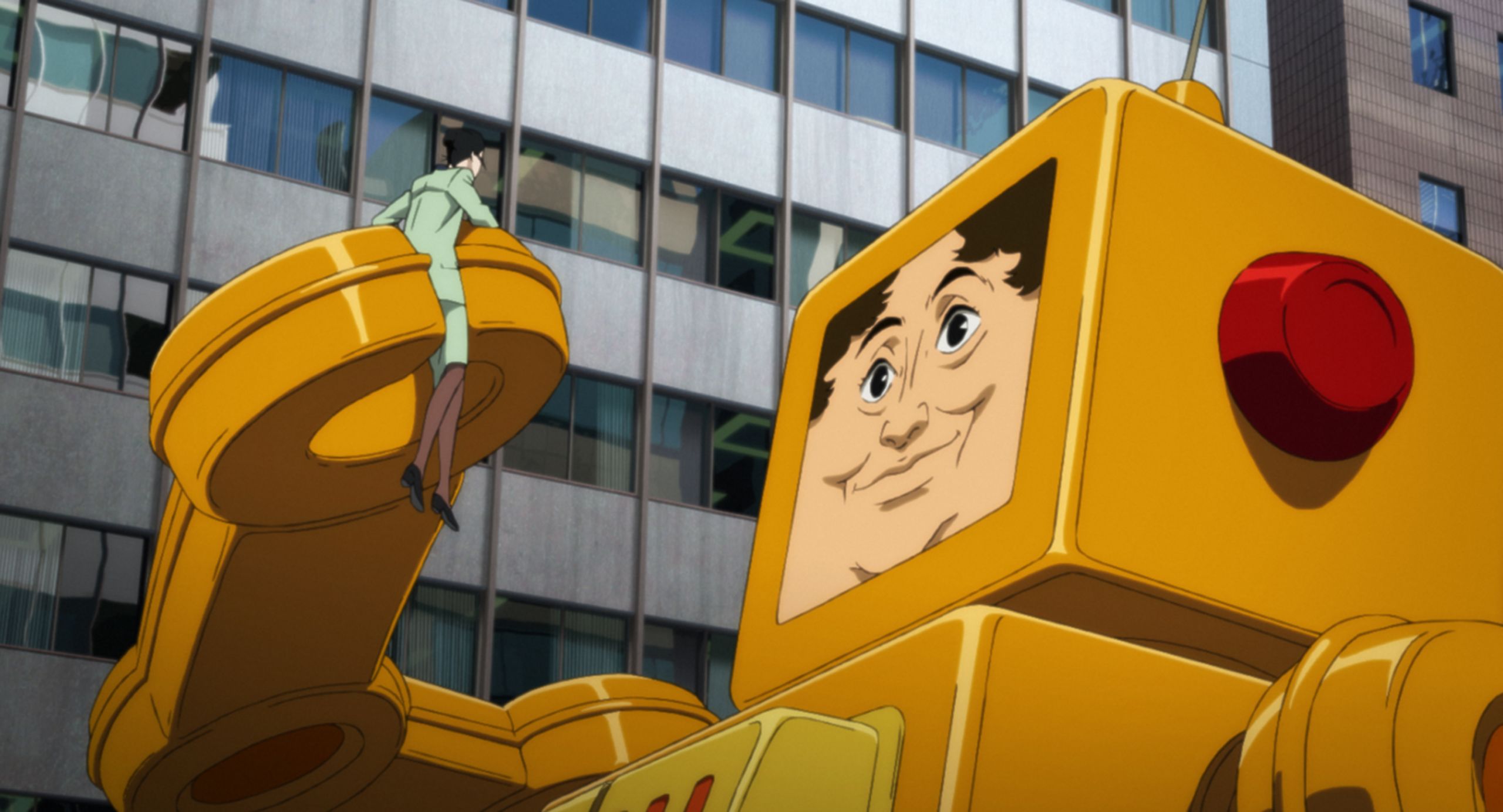
2019 marks the 18th anniversary of regular anime screenings at the Barbican. In 1991, the second Japan Festival, featuring performance, theatre and the UK’s first anime exhibition, generated a renewed wave of interest in Japanese culture across the UK. Picking up the momentum of the 1981 Japan festival, the Barbican showed its biggest ever retrospective of Japanese cinema, titled The Big 50, it screened the work of 50 different directors in chronological order from 1931 to the present day. Through a series of successful midweek anime seasons in the late 1990s and 2000s, the Barbican Cinema team were major contributors to the success of anime with British audiences with the Japanimation series. The ground-breaking 2008 season Osamu Tezuka: Movies Into Manga and its companion season After Tezuka in 2009 were the first major retrospectives of this key anime/manga auteur in the UK.
In other words, when you see anime at the Barbican, it’s no passing fad. You’re part of a history of engagement with Japan’s most provocative visual media products.
Why is anime so provocative? Because even 45 years after Ralph Bakshi’s X-rated Fritz the Cat premiered, the West still hasn’t quite shaken the notion that cartoons are for family viewing, safe for kiddies, nothing to frighten a maiden aunt. It’s one reason why the films of Hayao Miyazaki and his team-mates at Studio Ghibli snuck in under the Disney-tuned radar: they look safe for kiddies. They are, of course, in some ways, but there’s far more to them. In other anime forms the hidden depths are not so hidden. There is anime for everyone, of any age, any orientation, any taste. Extreme pornography, cinema of cruelty, hard-hitting documentary or history stories: anime is magic realism with a razor edge.
When the Barbican decided to make anime part of its year-long Life Rewired season, I was thrilled to be asked to programme an anime season for the cinema within the overall concept of the increasingly blurred lines between humanity and its creations.
It was a challenging brief. In an interview for Techworld, I told Tamlin Magee about the difficulties of selecting representative fictions from a medium that covers every format from epic long-running TV series to flash anime for smartphones. TV series episodes contain some of Japan’s finest cyber-SF, but are not ideally suited to film festival programming. Because of changes in Japanese corporate ownerships and alliances, there are also sometimes major rights hurdles to overcome. Working with the team at Barbican Cinema smoothed out any difficulties and enabled us to put together a programme that nods to anime’s links with tokusatsu – live action SFX film – and underground indie auteurs, but also to the major franchises that established anime’s science fiction credentials, and to the ground-breaking work being done in Japanese tech companies that fuels and is reinforced by the visions on large and small screens across Japan.
Original 1980 trailer for Astro Boy
There are already Japanese surgeons, roboticists and engineers who chose their careers because of Osamu Tezuka’s Astro Boy or Leiji Matsumoto’s Space Battleship Yamato; in the future pilots, cyberneticists and engineers will cite Macross, Evangeiion or Paprika as the spark that ignited their determination extending the frontiers of human experience.
Anime's Human Machines
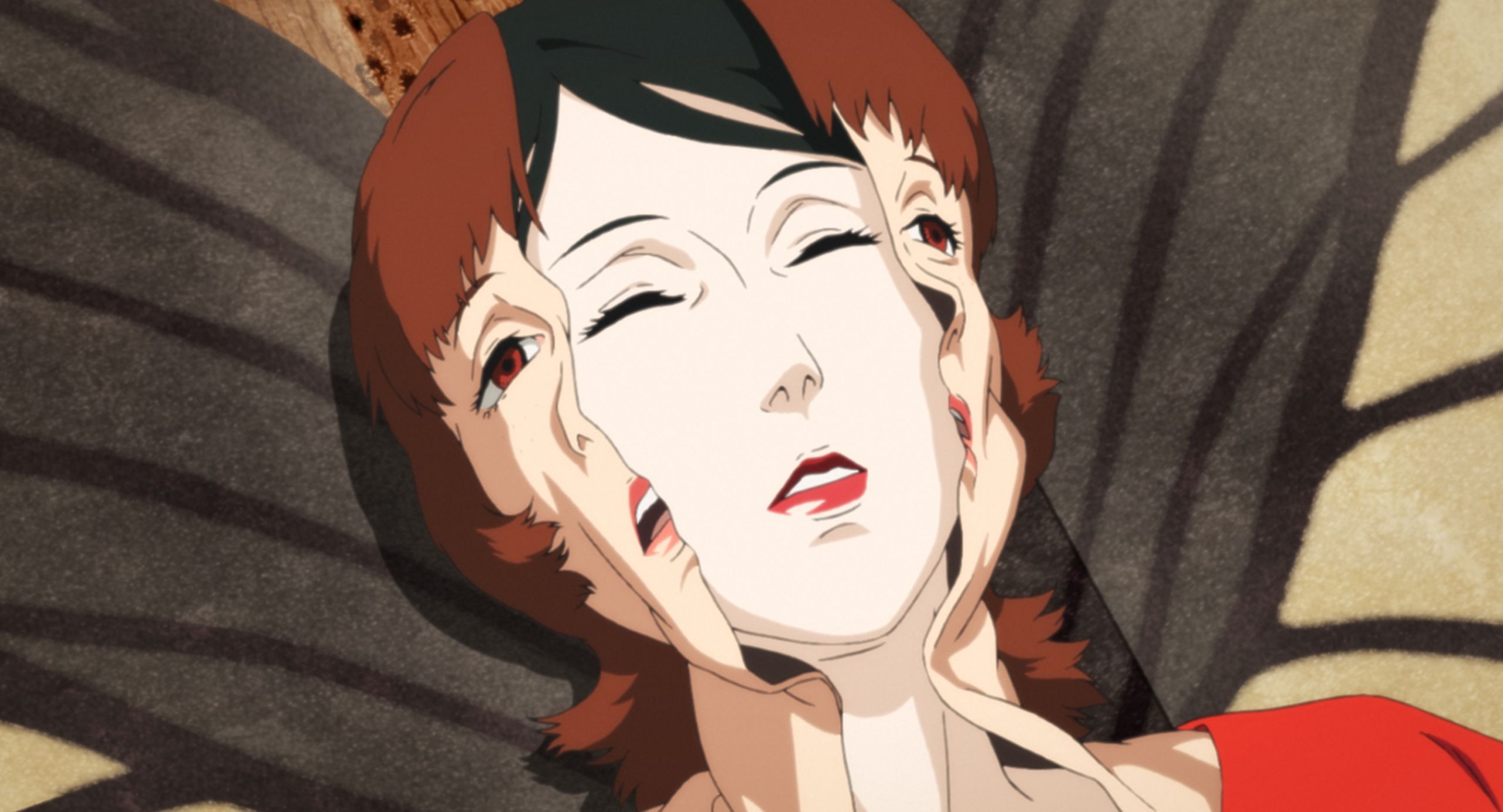
Our season examines the challenge of the man-machine interface on various aspects of humanity’s response to technological change. One interesting factor to emerge from these films is how our own view of technology has changed since the earliest was released. Another is how humanity still refuses responsibility for the impact of our actions. These films give no answers, but suggest responses.
Tetsuo; The Iron Man (1989)
Dir: Shin'ya Tsukamoto
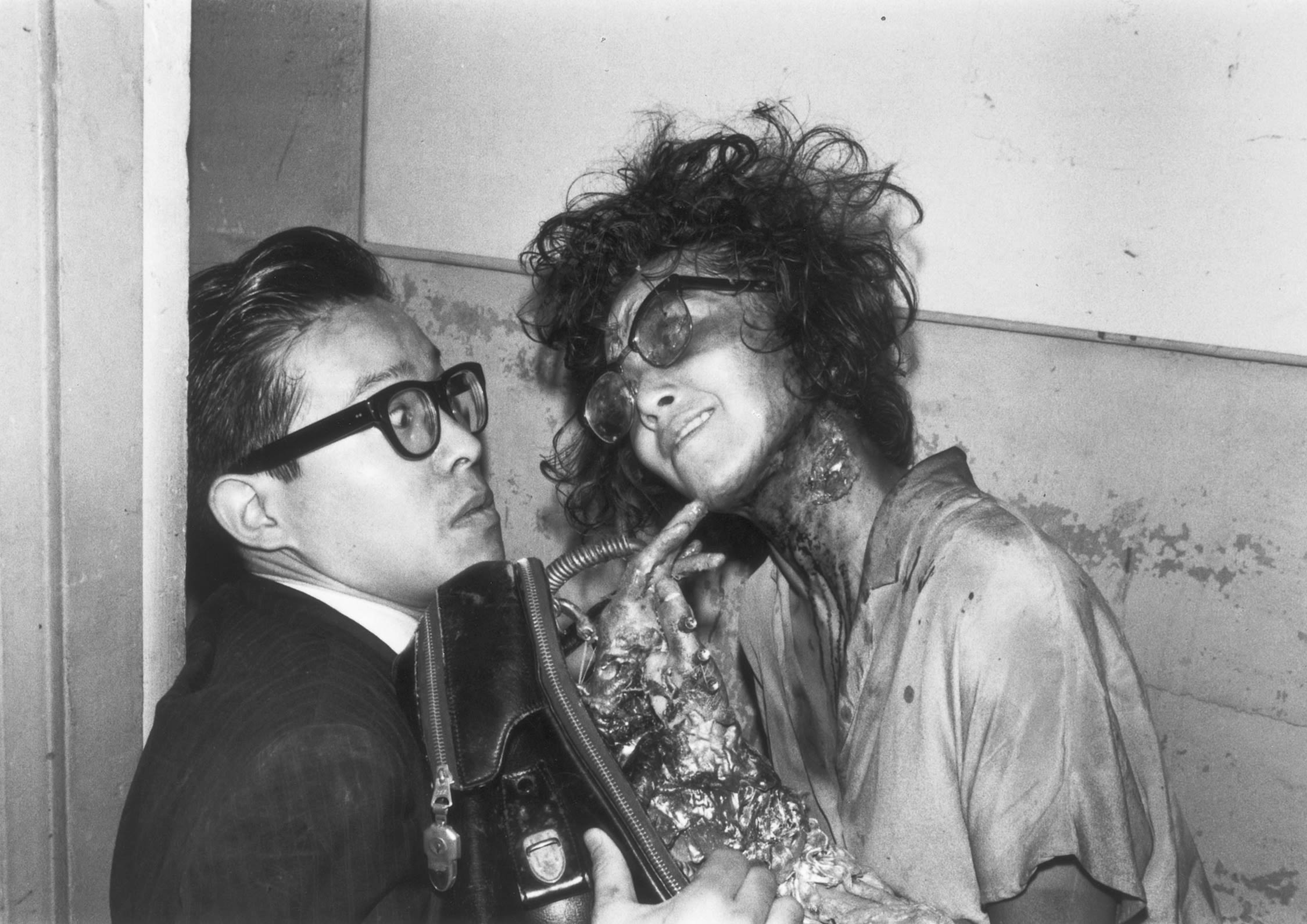
Tetsuo; The Iron Man is a truly remarkable movie that takes the home-made aesthetic at the core of indie film and marries it to the monomaniacal obsession of a penniless director determined not to betray his vision. This live-action masterpiece still has the power to shock, and its influence reverberates through Japanese SF, amplifying its love-hate relationship with technology through a breadboard jury rig of glued-on SFX that parodies the Western world’s opinion of 1960s Japan as a purveyor of cheap consumer electronics.
Trailer for Tetsuo; The Iron Man
Macross Plus The Movie (1995)
Dir: Shôji Kawamori
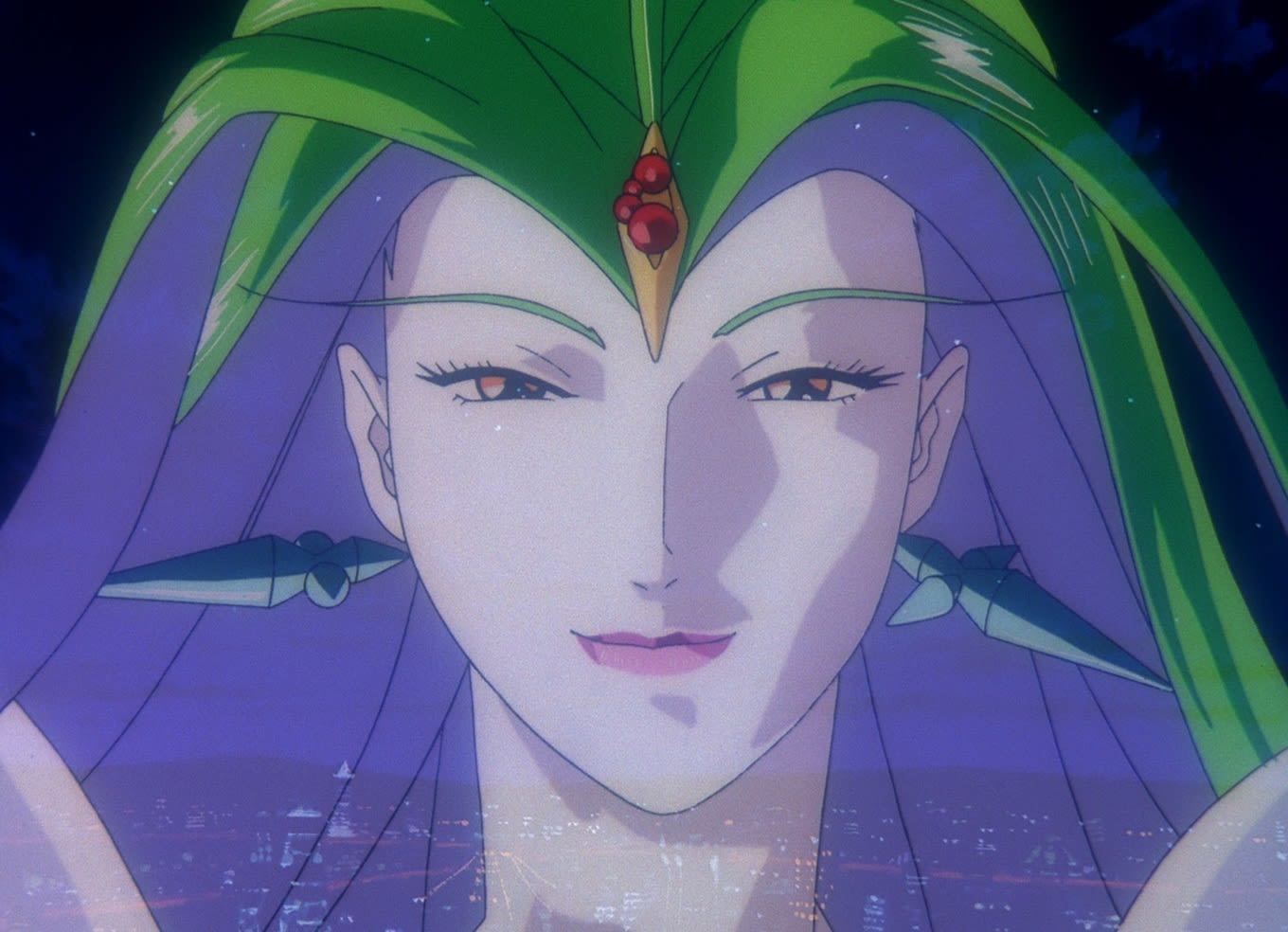
Macross Plus The Movie, a cinema edit of the series made for small screens, comes from the other end of the production spectrum, a glossy, polished artefact that was state-of-the-art in its day and still holds up superbly. It asks big, serious questions about our use of and relationship with technology, questions we are still avoiding.
Trailer for Macross Plus The Movie
Ghost in the Shell (1995)
Dir: Mamoru Oshii
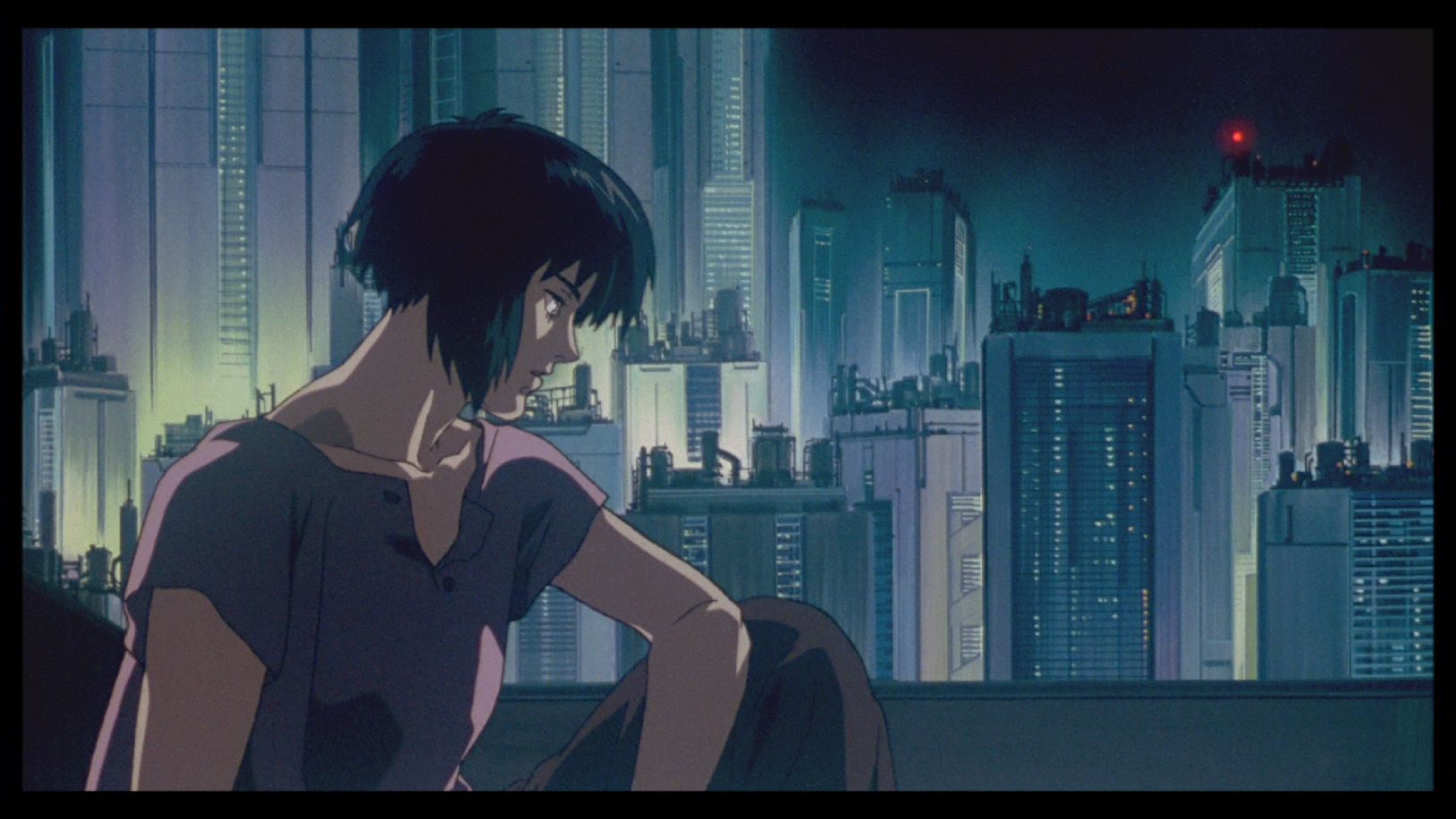
Ghost In the Shell continues asking those questions. It will be especially interesting to anyone who has seen the recent Hollywood treatment starring Scarlett Johanssen, which raised problematic issues of cultural colonisation and appropriation without presenting any new angles on the central question of the original.
Trailer for Ghost In The Shell
Roujin Z (1991)
Dir: Hiroyuki Kitakubo
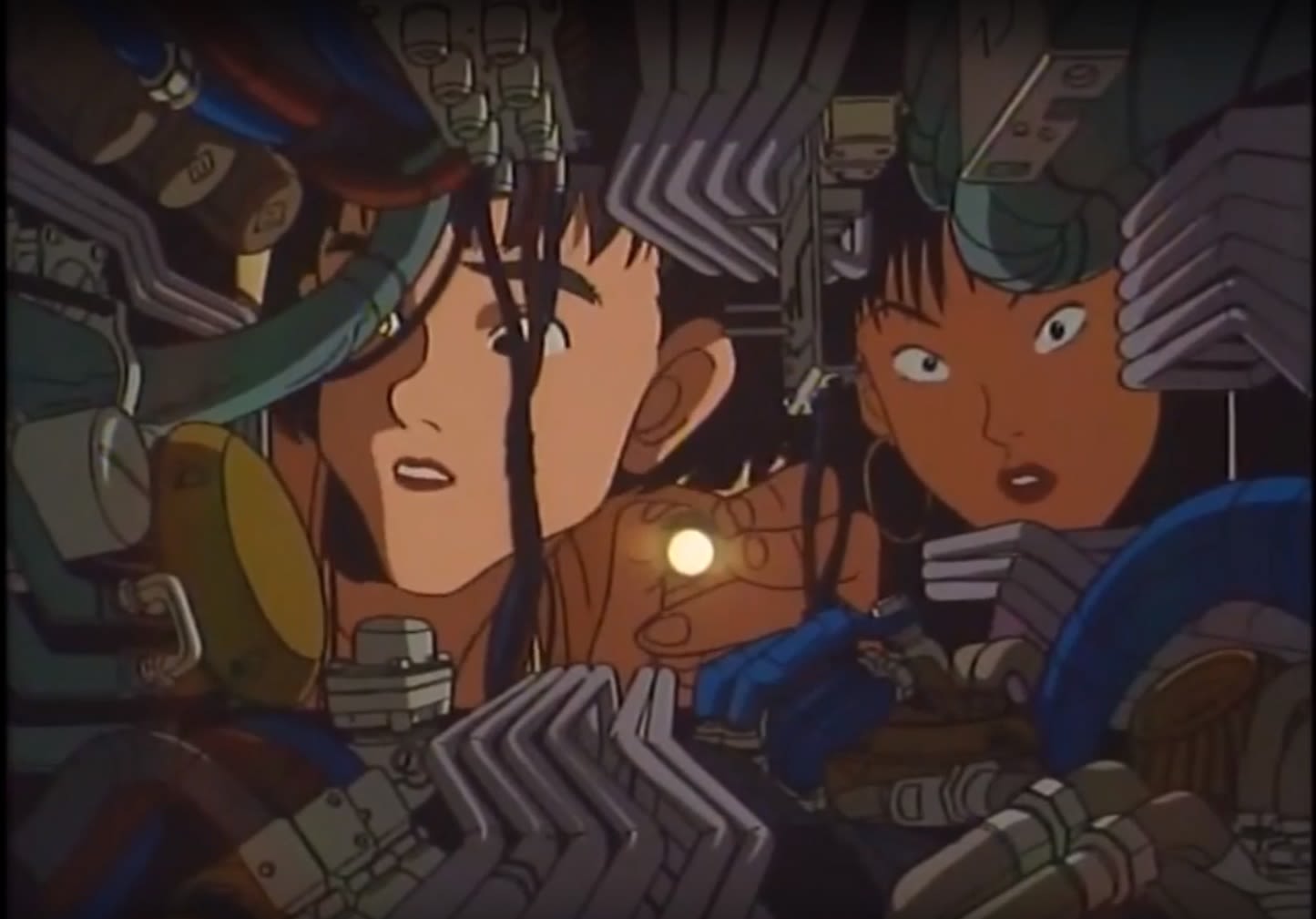
Roujin Z is one of my own favourite films, taking a wry and unvarnished look at Japan’s political and social situation in the 1990s and managing to find purpose, compassion and romance in a society obsessed with consumerism, aggrandisement and covert exploitation. Katsuhiro Otomo’s follow-up to the iconic Akira was never going to fulfil public expectations; I find this charmingly offbeat and human story more engaging than the cyberpunk bombast of a potential Akira retread.
Trailer for Roujin Z
Summer Wars (2009)
Dir: Mamoru Hosoda
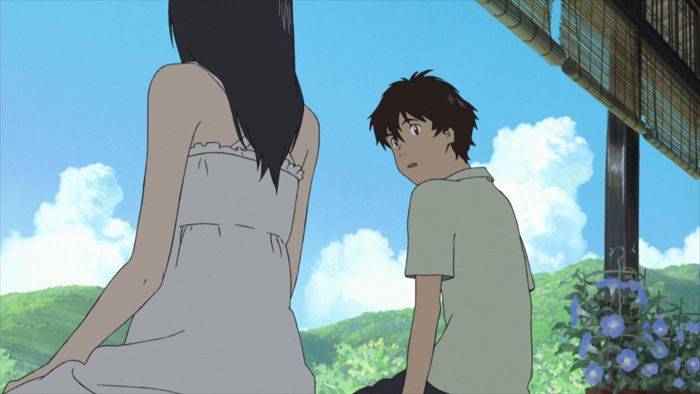
Summer Wars is a dazzling movie in every sense of the word – a stylistic tour de force by a director just as much at home with modern art movements as with animation, balancing cutting edge technology with teenage romance and family drama.
Trailer for Summer Wars
Metropolis (2001)
Dir: Rintaro
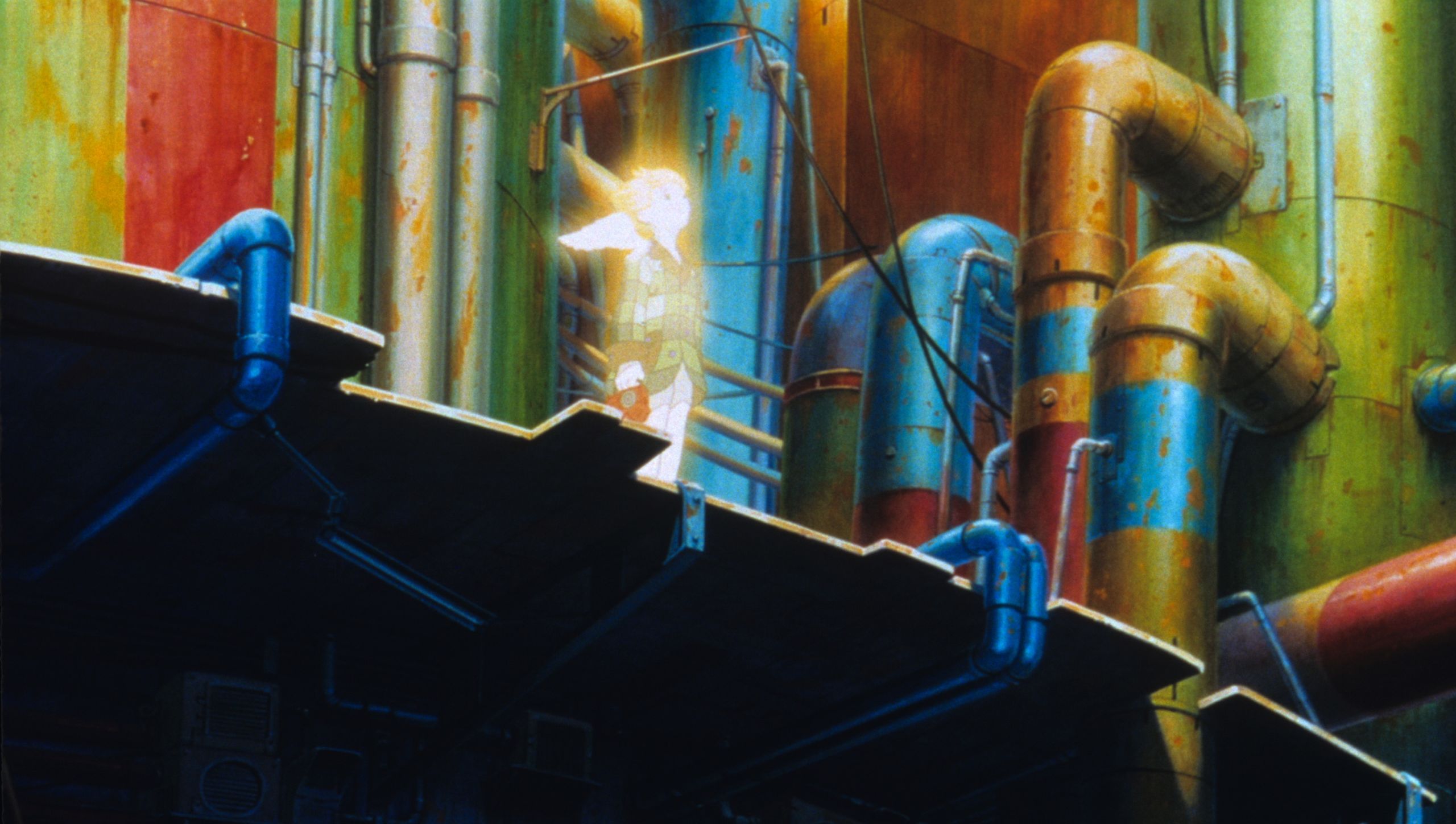
I love all these films, but for me, the unmissable gem of the season is Metropolis. A homage to Osamu Tezuka’s manga by two of his greatest fans, his protégé Rintaro (who got his first job from Tezuka) and Katsuhiro Otomo, it is a masterpiece created by two fanboys for the master who inspired them, an object of pure love. It also has one of the most beautiful scores in anime.
Trailer for Metropolis
Listen to Toshiyuki Honda's soundtrack to Metropolis:
Paprika (2006)
Dir: Satoshi Kon
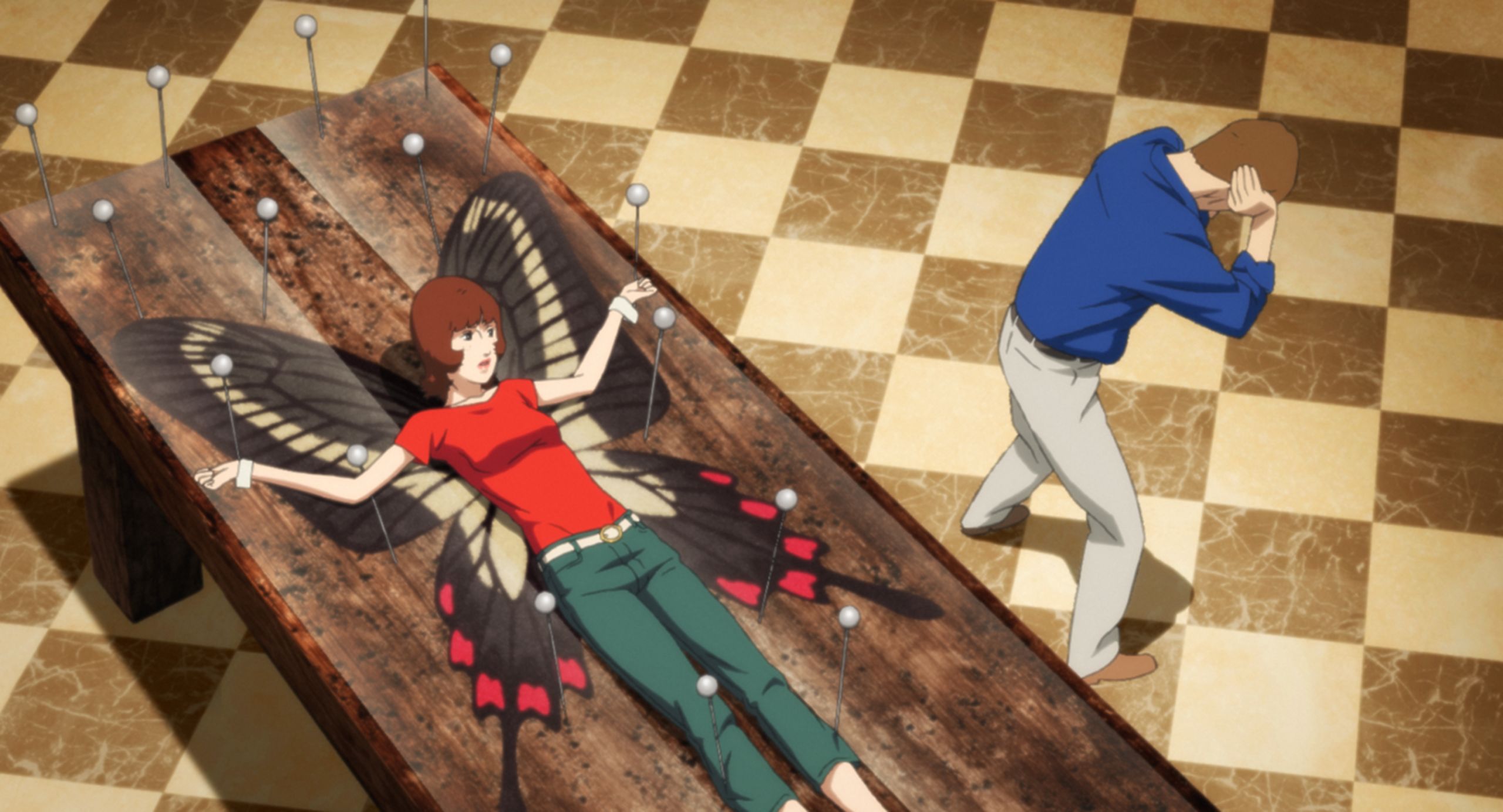
Satoshi Kon’s Paprika is a fitting coda to the season. A meditation on mind, mindfulness and mind control, rooted deeply in Japanese folklore and contemporary psychology, it emphasises the key factor in the man-machine interface: feeling. How do we feel? How, if at all, do our creations feel? How do we check our assumptions? Can we accept ourselves, and should we accept the world we have made by laziness, avoidance and omission as much as by design?
Trailer for Paprika
Patlabor The Movie (1989)
Dir: Mamoru Oshii

Mobile Police Patlabor was one of the liveliest, funniest and most humane mecha shows of the late 1980s. The first of its two spin-off movies goes in a darker direction: a meditation on how artificial intelligence allied to obsession enables human intelligence to wreak havoc even after death.
Trailer for Patlabor The Movie
The questions raised by the Barbican’s Life Rewired season are not simply academic speculation. They are questions whose answers are being negotiated every day in a billion tiny transactions – when we choose to text friends rather than visiting, when we check in with frail elders via an app with an alarm button, when we buy books online and download them, when we opt for this or that surgery or purchase based on what we Google, when we buy fake news, when we Instagram an intensely curated ‘personal’ experience. It is an honour to present some of anime’s views of these questions alongside the many scholars, artists and innovators who are making their own contributions here at the Barbican.
About Helen McCarthy
Helen McCarthy is the British author of such anime reference books as 500 Manga Heroes and Villains, Anime!, The Anime Movie Guide and Hayao Miyazaki: Master of Japanese Animation. She is the co-author of The Erotic Anime Movie Guide and the exhaustive The Anime Encyclopedia with Jonathan Clements.
Anime's Human Machines
The season features film screenings, talks and workshops and takes place on 12-30 September in the Barbican Cinema.
Life Rewired is our 2019 season exploring what it means to be human when technology is changing everything. Discover more events and content on: barbican.org.uk/liferewired
